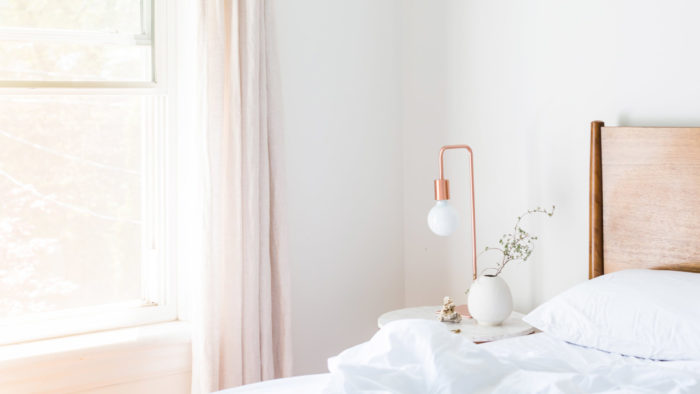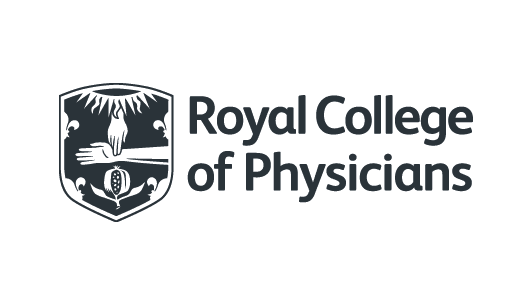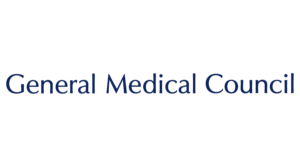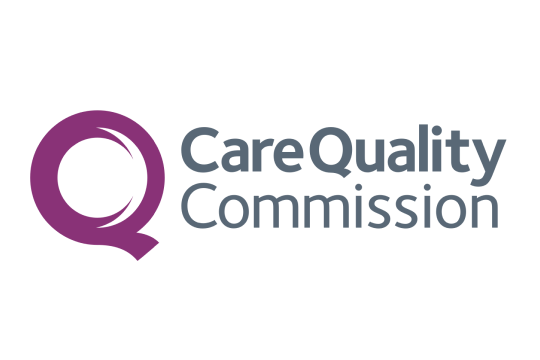Have you ever wondered if your sleeping pattern could be affecting how your skin ages?
Sleep deprivation is linked to an array of complications with your body from hypertension, depression and even cancer. However, many people tend to overlook the body’s biggest organ when it comes to sleep deprivation – the skin.
It’s rare when considering anti-aging products that we reflect upon our sleep. Arguably the introduction of various creams and serums have made us overlook the importance of a healthy and energised body. We almost feel that we can reverse the effects by using a topical cream. However this isn’t a viable way of looking at skin health, nor is it an effective way.
Sleep is vital for the renewal and growth of the body; the circadian system controls this. This system is directly functioned or controlled by the “master clock,” that is located in the suprachiasmatic nucleus of the brain.
The skin also possesses cycles, which regardless of external factors, still acts as a physical barrier for our body. It’s becoming increasingly clear just how vital sleep is for our skin health. To allow the skin to carry out its role, it needs an adequate amount of sleep.
HOW DOES THE LACK OF SLEEP AFFECT THE SKIN?
Good quality sleep that happens regularly helps to regulate hormone levels and metabolism. When your sleep is disrupted the metabolism is affected and your body experiences stress.
The three major hormones that are affected by poor sleep are cortisol, insulin, and melatonin. Additionally, a lack of sleep has also been linked to inflammation, oxidative stress and damage to DNA.
The adverse effects of this, as a result, contribute to signs of ageing such as pigmentation and wrinkles.
The Aesthetics Journal found after studies were conducted that the over-production of glucocorticoids, triggered by a lack of sleep alters the skin, specifically the lamellar bodies and collagen molecules.
INSULIN AND SLEEP DEPRIVATION
Sleep deprivation will also affect your insulin levels, and in fact raise them. The effect of this impairs the growth of fibroblasts and keratinocytes, which are the cells in the different layers of the skin. This can prevent further regeneration of new cells, which ultimately negatively affects the skin.
MELATONIN AND SLEEP DEPRIVATION
Melatonin is essential for the skin, especially if you want healthy and glowing skin. It helps with hair growth, hair pigmentation and antioxidant activity. It’s also necessary for UV damage protection. When the levels of melatonin are deregulated, caused by a lack of sleep, your skin feels the effect.
WHERE IS THE EVIDENCE TO ALL OF THIS?
It’s all great that we tell you this, however where is the proof? A study performed by Axelsson et al. featured 23 photographs, all of the healthy participants were aged 18-31. They were photographed after a regular eight hours sleep, and then after sleep deprivation (31 hours of wakefulness).
Unbiased observers then observed the photographs. The results were fascinating. It showed that those who suffered from disturbed sleep patterns appeared less healthy and less attractive. It even showed that there were changes in the actual skin colour. This was down to a few reasons; more wrinkles, dark circles and swollen eyes.
A study also found that having a better and good quality sleep also provides better recovery from UV damage and a better overall appearance. This also included a more positive self-perception. It’s clear just how important sleep is when it comes to overall health and general wellbeing but also for skin health.
To summarise, a regular pattern of good quality sleep can protect the skin from premature ageing and also helps to protect against UV damage. In addition to this, it also helps with maintaining optimum immune function.
In conclusion, disruption in the body clock can have negative health implications as well as causing you to look more tired. However we are well aware that it might be challenging to get adequate sleep every night. We hope that this blog will have informed you more on this topic and created awareness. I don’t know about you but I suddenly feel the need to take a nap.
